[Newsbits] 24-31.07.2024: Oropouche Virus, SearchGPT & more
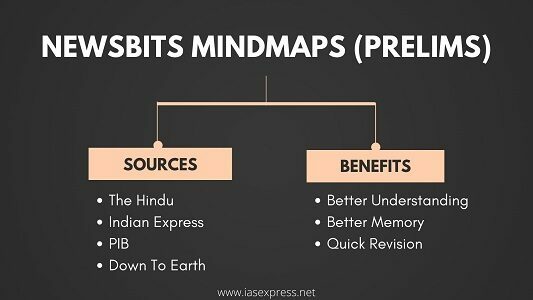
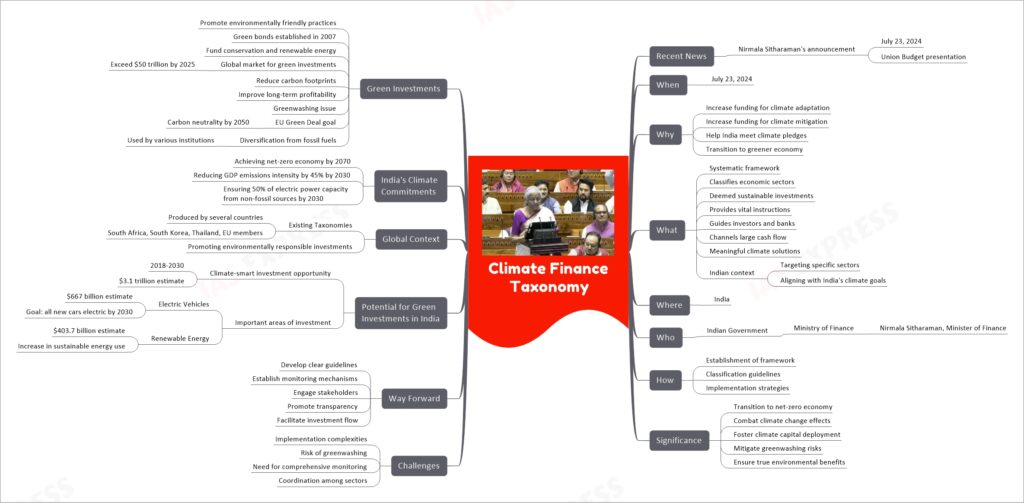
A Climate Finance Taxonomy is a systematic framework introduced by the Indian government to classify economic sectors that qualify as environmentally sustainable investments. Presented by Finance Minister Nirmala Sitharaman in the Union Budget on July 23, 2024, this taxonomy aims to enhance funding for climate adaptation and mitigation, aiding India in meeting its climate commitments and transitioning to a greener economy. The framework guides investors and banks, fostering genuine environmental benefits and mitigating risks associated with greenwashing. India targets significant investments in sectors like electric vehicles and renewable energy, aligning with global efforts to combat climate change and achieve net-zero emissions by 2070.

Researchers have discovered a novel form of oxygen production, termed “dark oxygen,” on the deep-ocean floor in the Clarion-Clipperton Zone of the Pacific Ocean, challenging the traditional belief that oxygen is primarily generated by photosynthetic organisms. Published in Nature Geoscience, the study revealed that oxygen levels below 4,000 meters have been steadily rising over a decade. The discovery was confirmed through various electrical tests and sensors. Dark oxygen originates from polymetallic nodules, mineral layers rich in cobalt, nickel, and lithium, which may be crucial for aerobic sea life. This finding expands our understanding of oxygen production, highlighting its significance in lightless environments and the potential environmental impacts of mining these nodules. Further research is needed to explore the ecological and mining implications of this discovery.
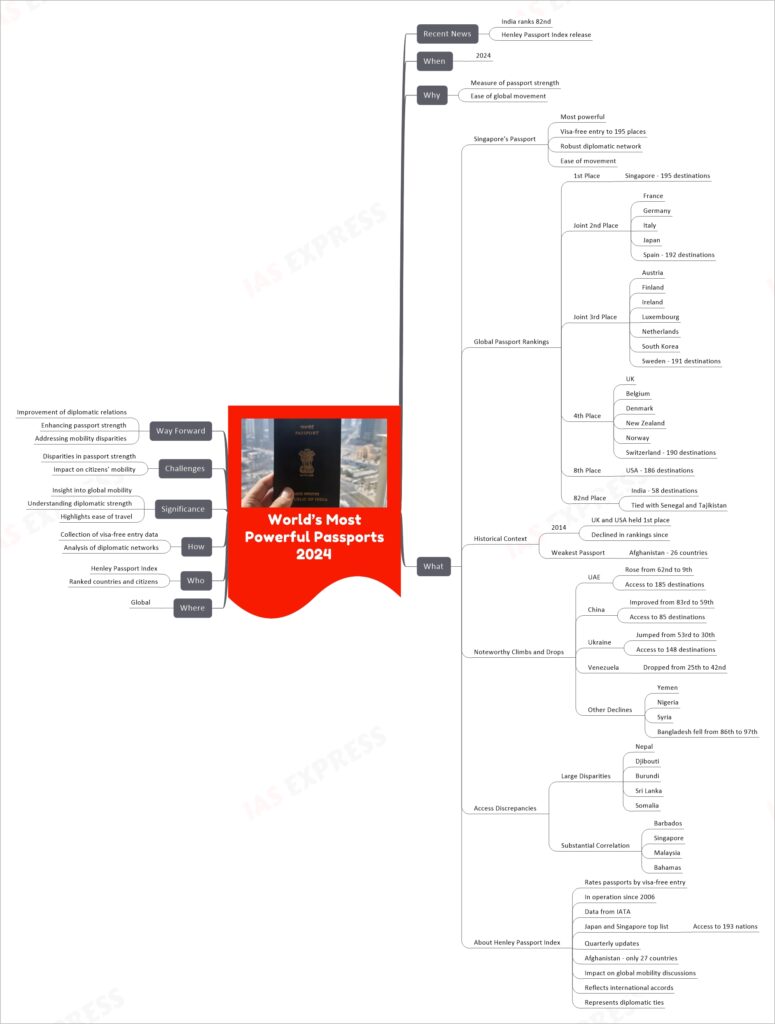
The Henley Passport Index 2024 ranks Singapore’s passport as the most powerful in the world, allowing visa-free entry to 195 destinations, highlighting Singapore’s strong diplomatic network and ease of global movement for its citizens. India ranks 82nd, providing access to 58 countries, tied with Senegal and Tajikistan. Historical data shows a decline in rankings for the UK and USA from their joint first place in 2014, while Afghanistan remains the weakest with access to only 26 countries. Noteworthy improvements include the UAE, China, and Ukraine, while countries like Venezuela, Yemen, Nigeria, Syria, and Bangladesh have experienced declines. The Henley Passport Index, operational since 2006 and updated quarterly, provides crucial insights into global mobility and reflects international diplomatic relationships and agreements.
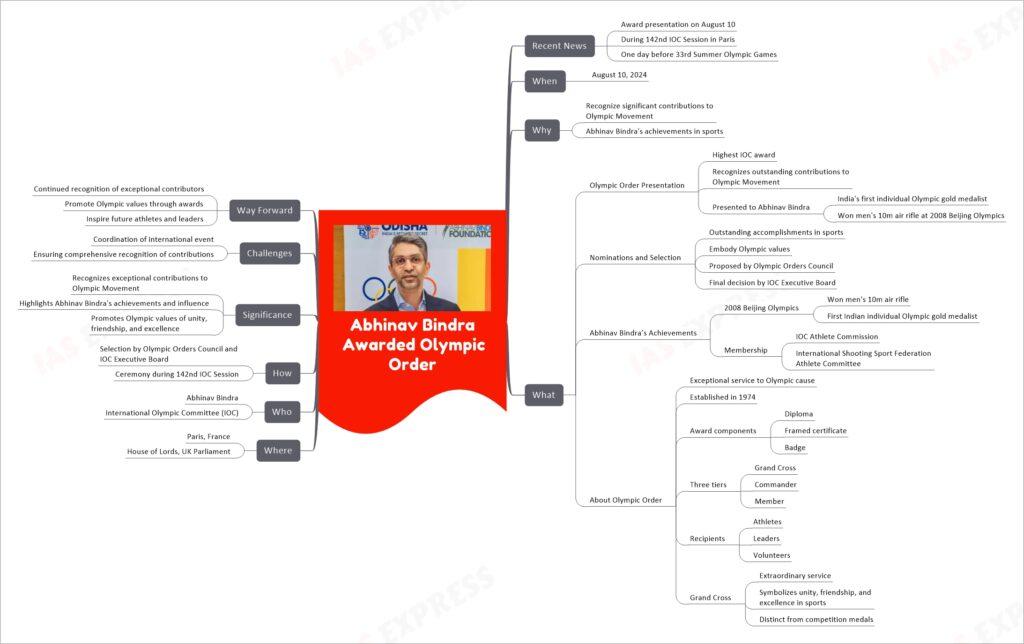
Abhinav Bindra, India’s first individual Olympic gold medalist, will be awarded the Olympic Order on August 10, 2024, during the 142nd IOC Session in Paris, one day before the 33rd Summer Olympic Games. This prestigious award recognizes his significant contributions to the Olympic Movement and his achievements, including winning the men’s 10m air rifle event at the 2008 Beijing Olympics. The Olympic Order, the highest award given by the International Olympic Committee (IOC), acknowledges outstanding service to the Olympic cause and promotes values of unity, friendship, and excellence in sports. The selection process involves proposals from the Olympic Orders Council and final decisions by the IOC Executive Board. Bindra’s recognition highlights his influence and encourages future athletes and leaders to embody Olympic values.
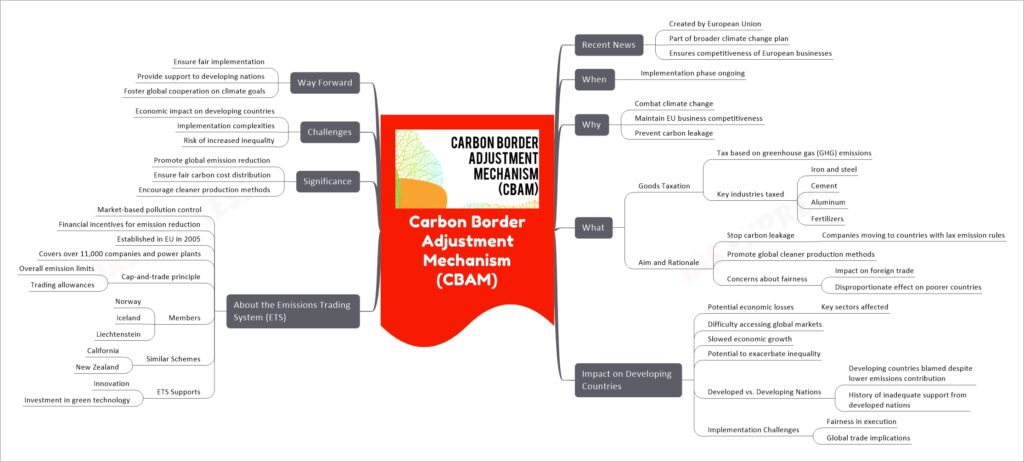
The Carbon Border Adjustment Mechanism (CBAM), initiated by the European Union, aims to combat climate change and maintain the competitiveness of European businesses by taxing goods based on their greenhouse gas emissions. Key industries affected include iron and steel, cement, aluminum, and fertilizers. CBAM’s primary goal is to prevent carbon leakage by ensuring that companies outside the EU, who use the Emissions Trading System (ETS), face similar carbon costs as EU companies. This promotes global cleaner production methods. However, concerns arise about the fairness and impact on global trade, particularly on developing countries, which may face significant economic losses and increased inequality. The ETS, established in 2005, is a market-based pollution control system that incentivizes emission reduction through a cap-and-trade principle, supporting innovation and green technology investments. Ensuring fair implementation and providing support to developing nations are crucial for CBAM’s success.
If you like this post, please share your feedback in the comments section below so that we will upload more posts like this.
